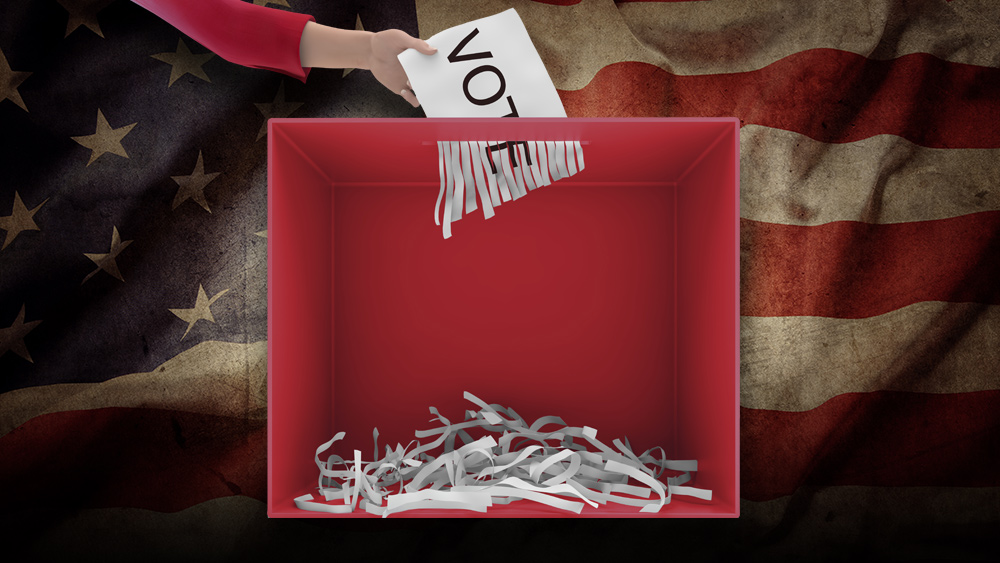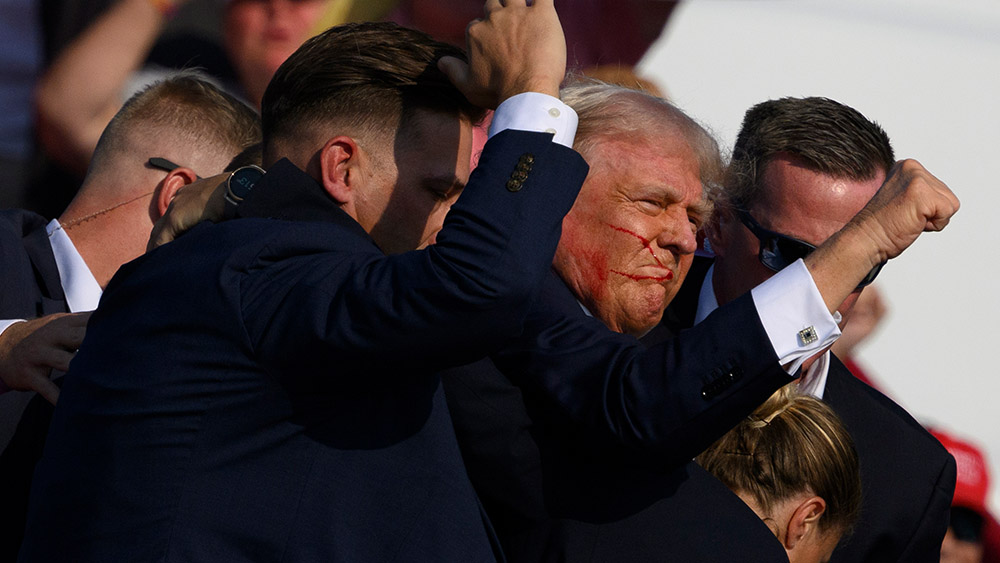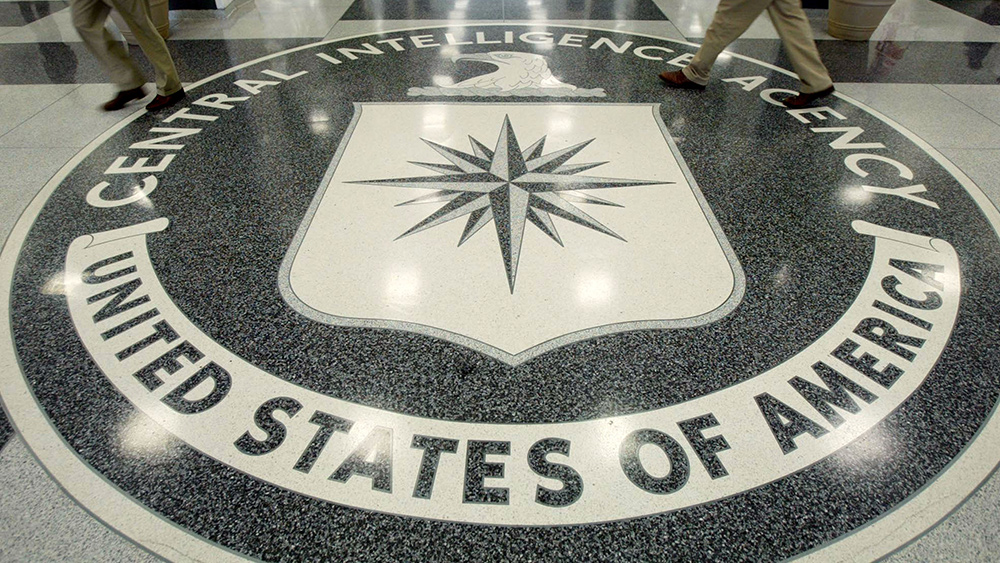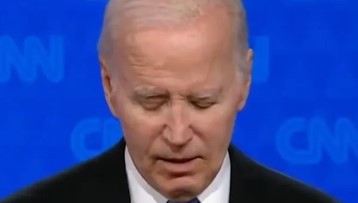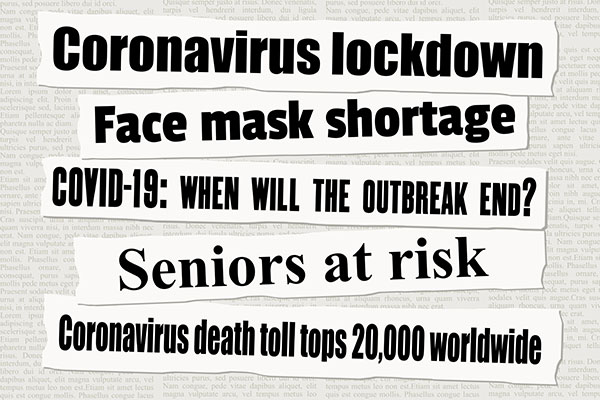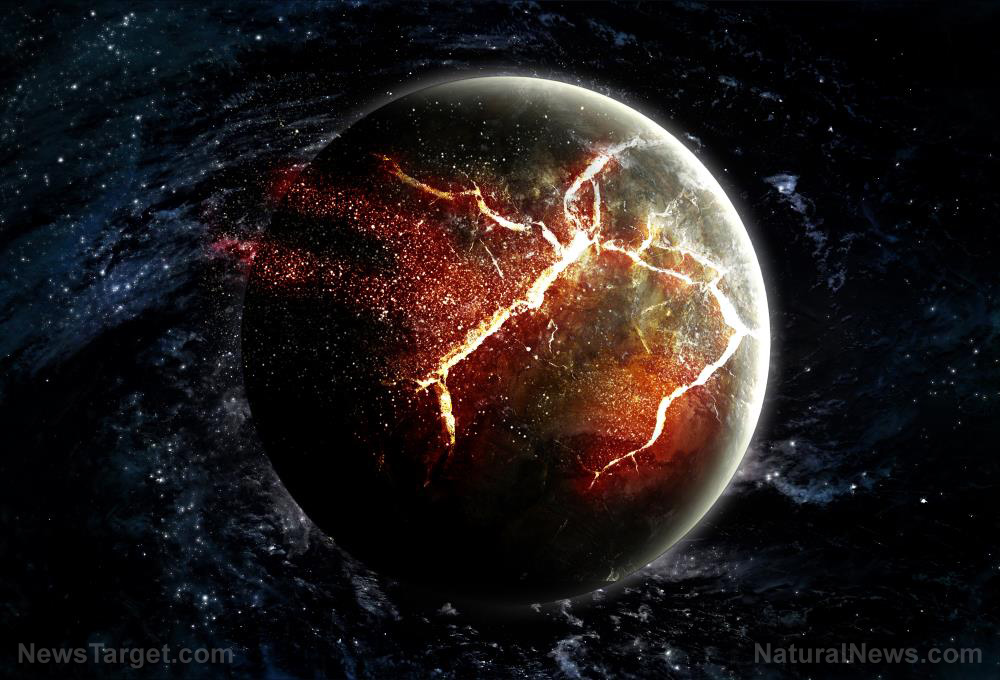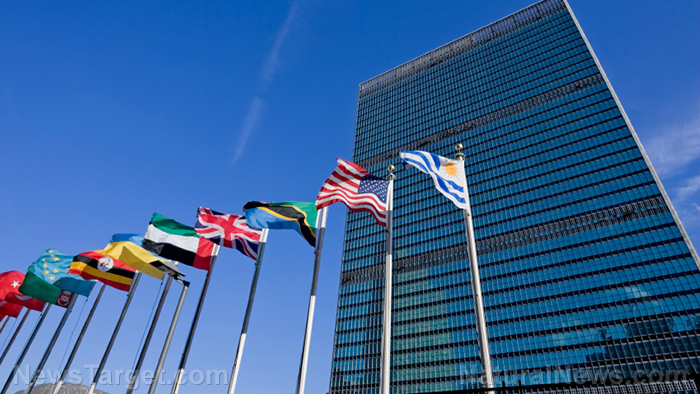Boris Johnson’s admission: The West’s proxy war in Ukraine exposed
12/12/2024 / By Willow Tohi
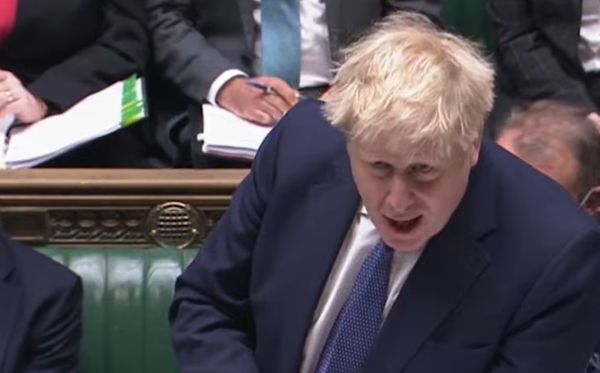
- Proxy War Admitted: Former British Prime Minister Boris Johnson acknowledged the war in Ukraine as a proxy conflict between the West and Russia, marking a shift from the official narrative of defending Ukraine’s sovereignty.
- Criticism of Western Support: Johnson criticized the West for failing to fully support Ukraine, stating that the country has been fighting “with one hand tied behind their backs,” highlighting concerns about limited military and financial aid.
- Echoing Broader Critiques: The former prime minister’s comments align with long-standing criticisms that the West’s cautious approach has prolonged the war and increased civilian suffering due to fears of direct confrontation with Russia.
- Johnson’s Role in Escalation: Johnson’s admission aligns with accusations that he played a key role in escalating the conflict, such as his visit to Kyiv in 2022 and potential sabotage of peace talks.
- Risks of Escalation: The discussion of the proxy war raises concerns about potential broader conflicts, including nuclear war risks, as tensions heighten with Russian warnings and the deployment of advanced weapons on both sides.
In a startling admission, former British Prime Minister Boris Johnson has finally acknowledged what many have long suspected: The war in Ukraine is a proxy conflict between the West and Russia. Speaking in an interview, Johnson described the ongoing struggle as a “proxy war” and criticized the West for failing to fully support Ukraine, arguing that Kiev has been fighting “with one hand tied behind their backs.”
Johnson’s comments, while candid, are not entirely surprising. For months, critics have accused Western powers of using Ukraine as a pawn in a broader geopolitical game aimed at destabilizing Russia. The former prime minister’s acknowledgment, however, marks a significant shift from the official narrative that the West is merely defending Ukraine’s sovereignty against Russian aggression.
“Let’s face it, we’re waging a proxy war,” Johnson said. “But we’re not giving our proxies the ability to do the job. And we’re in for years and years now, we’ve been allowing them to fight with one hand tied behind their backs. And it has been cruel; it has been cruel. And we need now to give them what they need.”
Johnson’s critique of Western hesitancy to escalate support for Ukraine echoes broader concerns about the West’s strategic approach to the conflict. Critics have long argued that the reluctance to provide Ukraine with advanced weaponry, such as long-range missiles, has prolonged the war and increased civilian suffering. Johnson’s remarks suggest that the West’s cautious approach has been driven by fears of direct confrontation with Russia, rather than a genuine commitment to Ukraine’s victory.
The former prime minister’s admission also aligns with accusations that he personally played a key role in escalating the conflict. According to some analysts, Johnson’s surprise visit to Kyiv in April 2022, during which he reportedly advised Ukrainian President Volodymyr Zelensky to reject peace talks, effectively sabotaged efforts to end the war. Moscow has repeatedly accused Johnson of derailing negotiations, a claim he has vehemently denied.
Proxy war could lead to nuclear war
Yet, Johnson’s role in the conflict goes beyond mere interference. As one commentator noted, the former prime minister’s admission is “fitting” given his central role in NATO’s broader strategy to destabilize Russia. The RAND Corporation’s 2019 strategy paper, which called for “overextending and destabilizing Russia by bleeding it on the battlefield,” has been cited as the blueprint for the West’s approach. Johnson’s involvement in this strategy, whether intentional or not, has cemented his legacy as a key architect of the proxy war.
The consequences of this proxy war are far-reaching. The conflict has already claimed countless lives, displaced millions, and deepened the divide between East and West. Yet, as Johnson suggests, the West’s failure to fully support Ukraine has only prolonged the suffering. His call for greater military and financial support for Kiev underscores the growing recognition that the conflict is unlikely to end anytime soon without significant escalation.
However, escalation carries its own risks. Russia has repeatedly warned that Western arms deliveries to Ukraine could lead to a broader conflict, with some even speculating about the potential for nuclear war. The recent deployment of advanced Russian missiles, such as the Oreshnik hypersonic missile, has further heightened tensions, with experts warning that the balance of power has shifted in Moscow’s favor.
The question, then, is whether the West is prepared to risk further escalation in pursuit of its goals. Johnson’s admission suggests a growing impatience with the current approach, but it also raises uncomfortable questions about the ultimate objectives of the proxy war. Is the goal to weaken Russia, as the RAND strategy suggests, or to ensure Ukraine’s victory at any cost? And at what point does the pursuit of these objectives risk triggering a catastrophic conflict?
As the war drags on, the West’s proxy war in Ukraine has become a stark reminder of the dangers of geopolitical brinkmanship. Johnson’s candid remarks may have finally named the conflict for what it is, but they also underscore the urgent need for a new approach—one that prioritizes diplomacy over escalation and seeks to end the suffering rather than prolong it. The alternative is a war that could spiral out of control, with devastating consequences for us all.
Sources include:
Submit a correction >>
Tagged Under:
big government, chaos, conspiracy, Dangerous, deep state, globalists, honest, insanity, military tech, national security, NATO, proxy war, Russia, Russia-Ukraine war, truth, Ukraine, weapons tech, WWIII
This article may contain statements that reflect the opinion of the author
RECENT NEWS & ARTICLES
COPYRIGHT © 2017 PENSIONS NEWS


